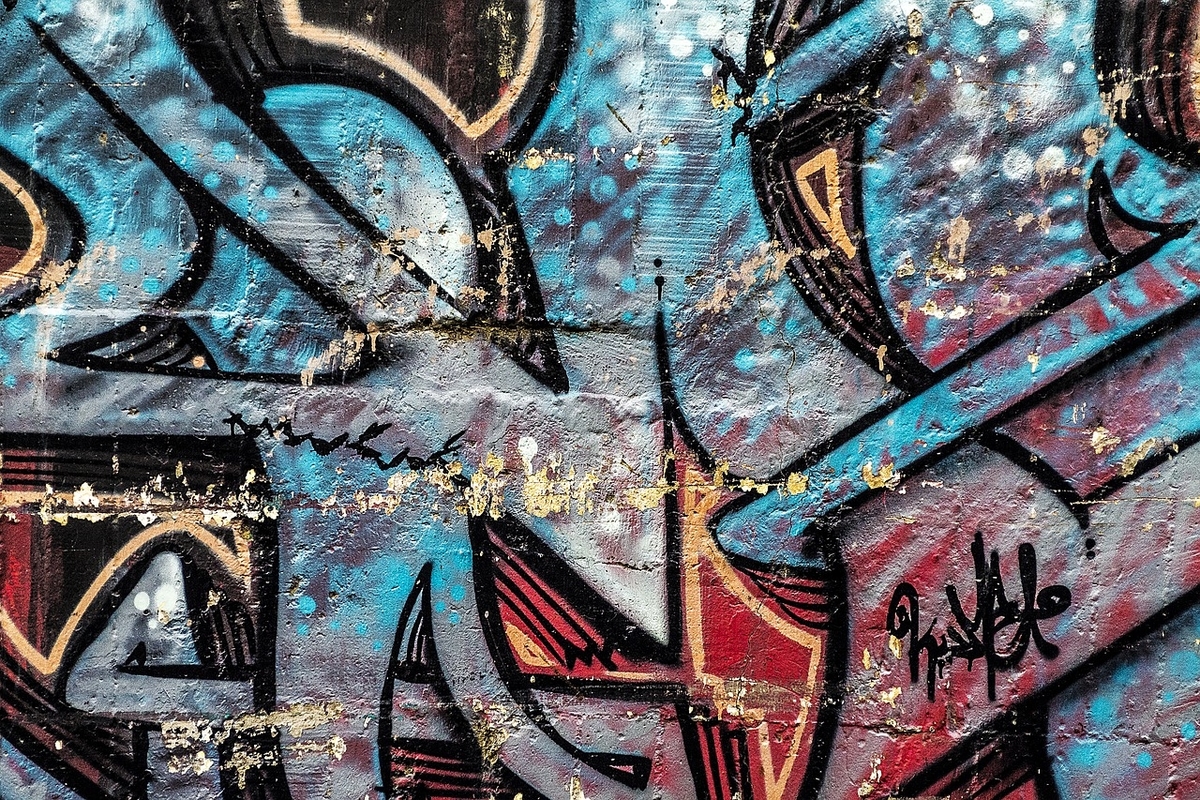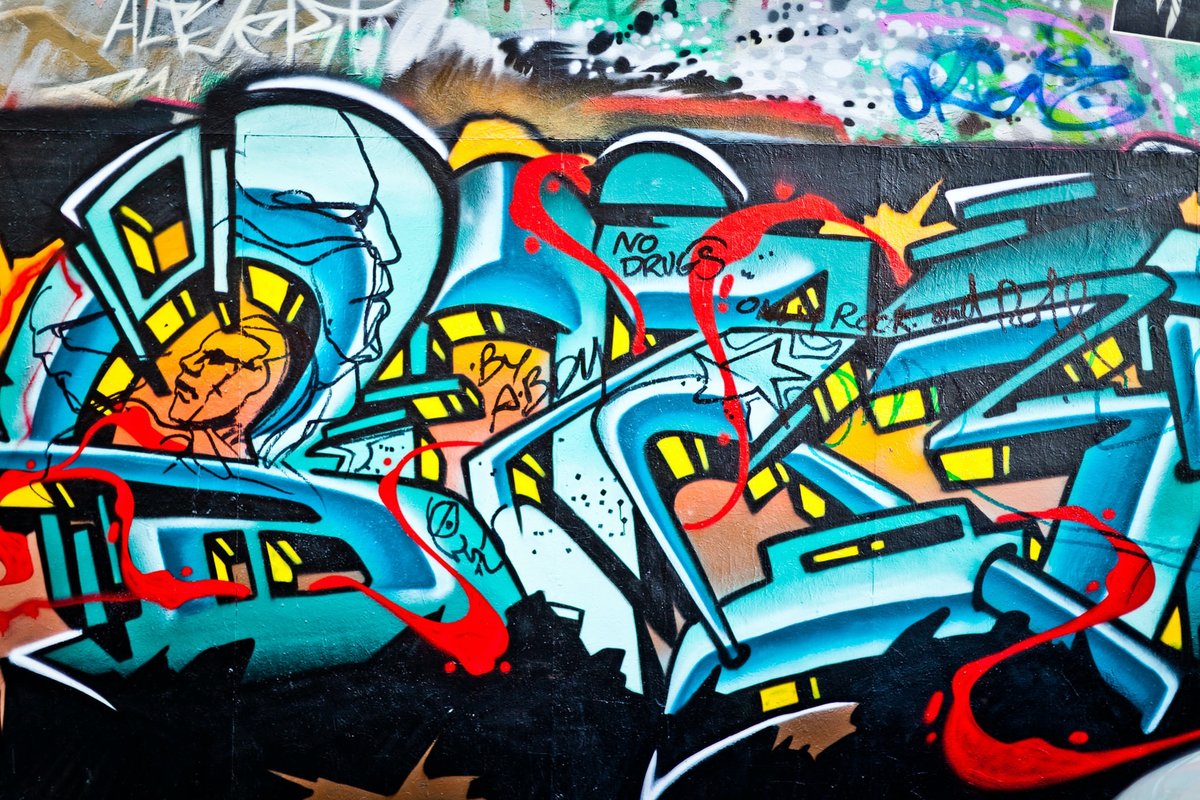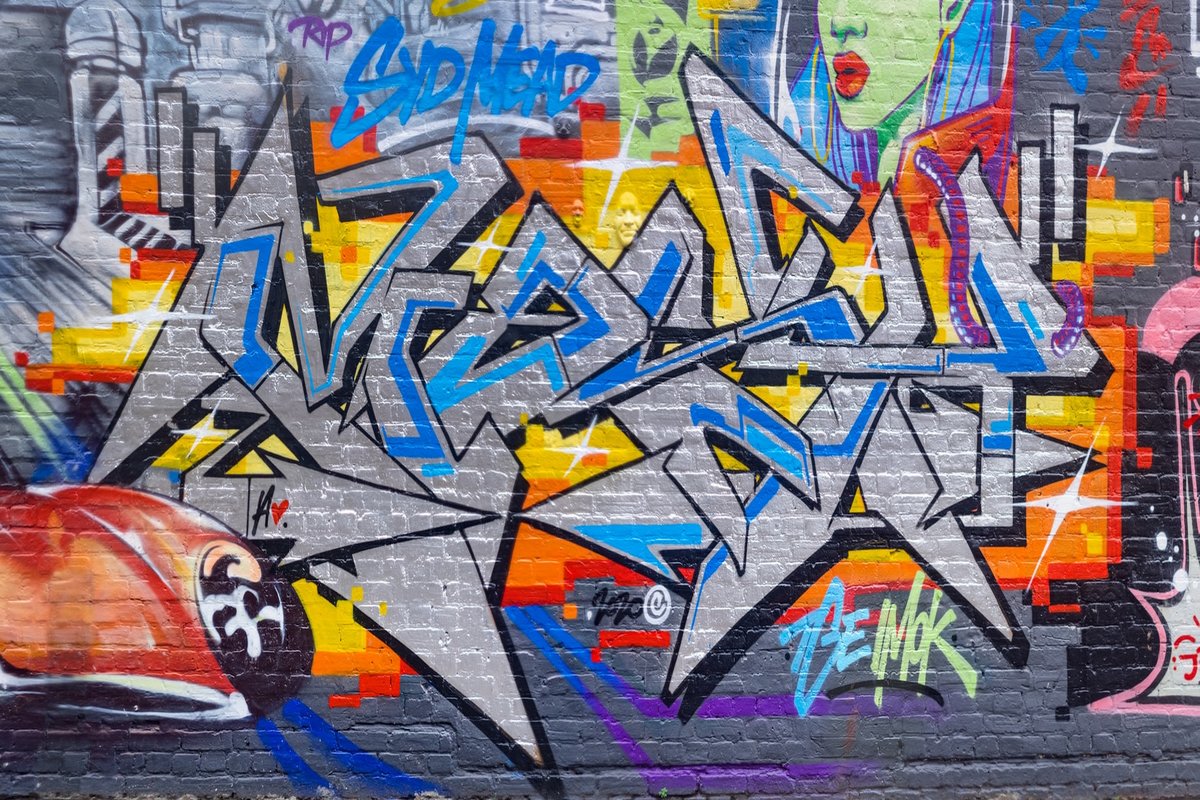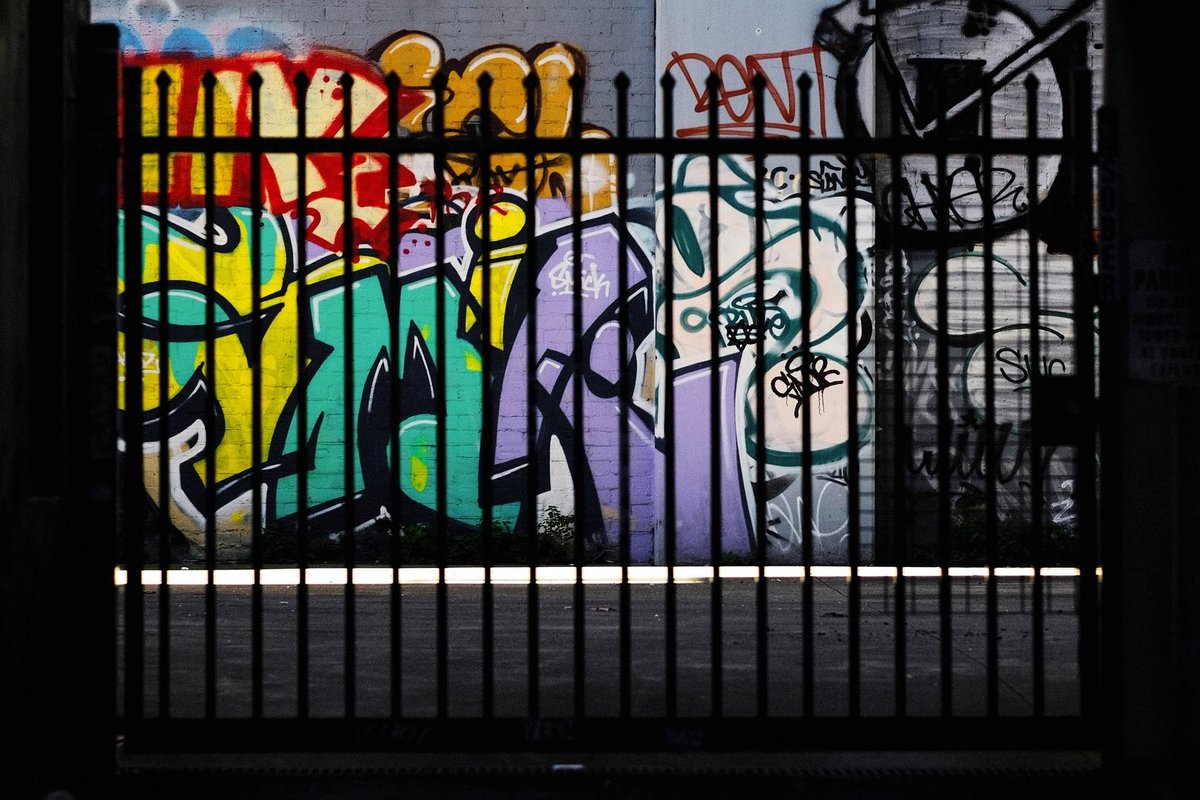[av_hr class=’custom’ height=’50’ shadow=’no-shadow’ position=’center’ custom_border=’av-border-fat’ custom_width=’100%’ custom_border_color=’#8f2f66′ custom_margin_top=’30px’ custom_margin_bottom=’30px’ icon_select=’no’ custom_icon_color=” icon=’ue808′ font=’entypo-fontello’ admin_preview_bg=”] Abuela screams my name nightly. BEMBÉ! BEMBÉ! BEMBÉ! She calls me a descarada: a short skirt, stubby legged whore who wears hoops the size of her padre’s wagon wheel. She asks me how fat the ox is, pulling at my… Continue reading Beautiful Bembé
Benjamín Naka-Hasebe Kingsley
First Place, Howard Frank Mosher Short Fiction Prize










